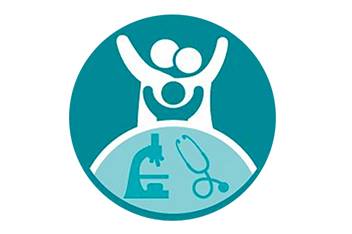SCIENCE (Sickle Cell Improvement, Enhancing Care in the Emergency Department) Study
Phase: Recruiting
First Posted: April
Condition(s): Sickle Cell Disease
What Is the Purpose of This Study?
The SCIENCE (Sickle Cell Improvement, Enhancing Care in the Emergency Department) study aims to improve the guideline adherence for managing acute painful vaso-occlusive crises (VOC) in children with sickle cell disease (SCD) who present to the emergency department (ED). The goal is to implement a care pathway that ensures timely pain management, reduces hospitalizations, and improves clinical outcomes for these patients.
Who Can Take Part in This Study?
People who may be eligible for this study:
- Children 18 years old or younger with sickle cell disease (SCD).
- Presenting to the emergency department with an acute painful VOC.
- Either having a primary diagnosis of SCD, a chief complaint of sickle cell pain crisis or fever and receiving at least one opioid for pain management.
Exclusion criteria:
- Children with a secondary diagnosis of acute chest syndrome, priapism or a fever higher than 38.5°C in the ED.
What Will Happen During This Study?
This is a multicenter, stepped wedge type III hybrid effectiveness-implementation trial conducted across seven children's hospitals.
The study will gradually implement a care pathway that includes:
- Direct bedding and triage prioritization for patients.
- Rapid assessment by a provider.
- Standardized pain management with intranasal fentanyl as the first-line opioid.
- Immediate IV placement after fentanyl administration.
- Frequent pain reassessments (every 20 minutes) and subsequent opioid doses if needed.
Implementation strategies include:
- Training for emergency and hematology providers.
- Use of electronic health record (EHR) order sets.
- Audit and feedback reports to track adherence.
- Engagement with patients and families.
The study will track:
- How well the care pathway is implemented.
- The impact on pain management and hospitalizations.
Can Someone Opt-in or Out of This Study?
- Since the study does not require individual patient consent, patients cannot opt in or out of receiving the care pathway if they meet the eligibility criteria.
- The study leverages existing electronic health record (EHR) data and follows a stepped-wedge implementation, meaning all sites will eventually transition to the intervention.
- However, no additional interventions outside of standard clinical care are forced upon patients, and the study primarily measures changes in how hospitals implement guideline-based care rather than individual patient participation.



